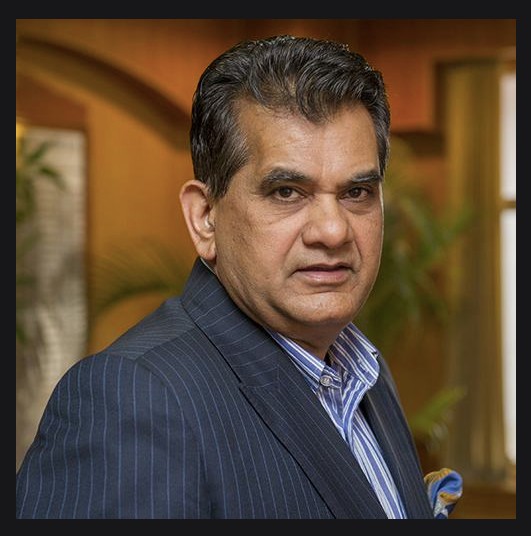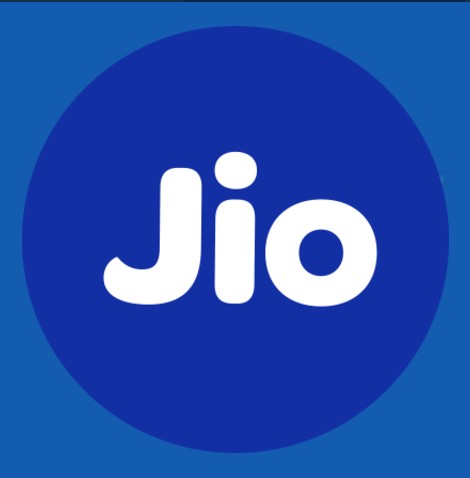Strengthen digitally active India by improving telecom infrastructure; greater digital inclusivity and R&D by industry-academia collaboration: TRAI Chairman
Universal health coverage, quality, and continuum of care are goals of the National Digital Health Blueprint: NDHB Committee Chairman
Addressing the delegates as part of the summit, Amitabh Kant said Covid has shown India that every crisis is an opportunity.
“The post-COVID era is going to change the global scenario and only those countries will grow which can create economic value from the digital economy. The supply chain will get re-structured and it will move from one country to many countries led by the power of technology,” said Amitabh Kant.
In another session on ‘The roadmap for the telecom infrastructure for the National Digital Communication Policy’, Telecom Regulatory Authority of India (TRAI) Chairman P D Vaghela stressed on the fact that Government-Industry-Academia collaboration is the need of the hour and much-needed step towards strengthening of digital economy.
TRAI chairman P D Vaghela stressed upon the fact that supporting policies need to be evolved to position India as global destination for technology products.
He further said 5G would usher seamless coverage, ultra-high speeds, and highly reliable communications for mission-critical applications.
5G promises a new range of services to consumers and enterprises, beyond traditional voice and data, by enabling technologies like Internet of Things (IoT), AI, robotics, augmented reality, and virtual reality, and a host of new emerging applications, he said.
Taking about the roll out of 5G, P D Vaghela mentioned that street furniture is going to be important. “In 5G, street furniture is going to be important.” He said that the operators and the government have started planning to ensure a faster and smoother rollout of 5G service.
In another session on ‘Re-imagining India’s health data ecosystem’, Chairman of the National Digital Health Blueprint (NDHB) committee J. Satyanarayana outlined the conceptual underpinnings of NDHB.
“The committee is driven by the goal of elevating standards of care across the healthcare sector, by defining guidelines for technology-driven capacity building. The chairman defined the goals of the blueprint as ‘Universal health coverage, quality, and continuum of care,” said J. Satyanarayana.
J Satyanarayana acknowledged the privacy risks associated with the digitisation of medical infrastructure in India. The chairman addressed these concerns by expressing the NDHB committee’s commitment to privacy by design, minimalistic collection, purpose limitation and informed consent.
The chairman also clarified that the ‘Digital ID’ provided by the scheme would not mandatorily have to be linked to Aadhar, and that data would not be centralised under the vision of the NDHB.
J Satyanarayana concluded the address by mentioning that a pilot of the blueprint is being conducted in 6 union territories. The challenges of digitising rural healthcare providers have become clear through the pilot, and specific technological solutions are being designed under the guidance of the committee to solve these problems. He stressed that Think Big, Start Small and Scale Fast is the NDHM philosophy right now.
IDS 2021 will have speakers who are leaders in their own fields and from industries such as Logistics, FinTech, AdTech, Digital Health and beyond. The event will comprise of six tracks: Building National Digital Infrastructure; Marketing for the Masses; Innovative digital services beyond the first 100 million paid customers; Digitally Recharging Small and Medium Business; Digital Policies from Global Perspective but Indian Reality; Nurturing Indian Startups.
The Internet and Mobile Association of India [IAMAI] is a young and vibrant association with ambitions of representing the entire gamut of digital businesses in India. It was established in 2004 by the leading online publishers, and in the last 16 years has come to effectively address the challenges facing the digital and online industry including mobile content and services, online publishing, mobile advertising, online advertising, ecommerce and mobile & digital payments among others.
Sixteen years after its establishment, the association is still the only professional industry body representing the online industry in India. The association is registered under the Societies Act and is a recognized charity in Maharashtra. With a membership of nearly 300 Indian and overseas companies, and with offices in Delhi, Mumbai, Bengaluru and Kolkata, the association is well placed to work towards charting a growth path for the digital industry in India.





